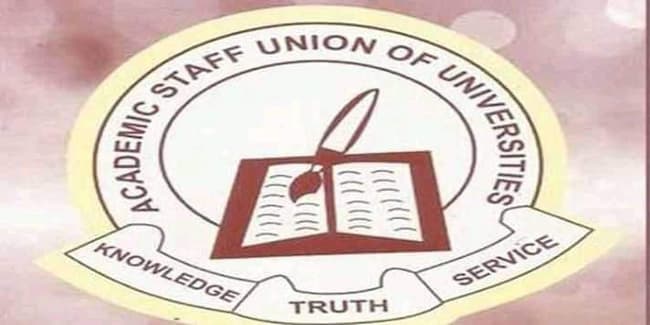The Academic Staff Union of Universities (ASUU) has issued a grave warning to the federal government regarding its proposal to phase out the Tertiary Education Trust Fund (TETFund) by 2030. The union asserts that this move could have devastating effects on public higher education in Nigeria.
In a statement, ASUU National President, Prof. Emmanuel Osodeke, expressed deep concern over the implications of the Nigeria Tax Reform Bill 2024, currently under consideration in the National Assembly. He emphasized that dismantling TETFund would not only threaten years of investment but also exacerbate the inaccessibility of tertiary education for disadvantaged students across the country.
Central to ASUU’s concerns is Section 59 (3) of the proposed Nigeria Tax Bill 2024 (NTB), which details the distribution of the Development Levy—an education tax that currently funds TETFund.
According to the bill, TETFund would receive only 50% of the levy in 2025 and 2026, with the remaining funds allocated to the National Information Technology Development Agency (NITDA), the National Agency for Science and Engineering Infrastructure (NASENI), and the Nigerian Electricity Liability Management Company (NELFUND). By 2030, the proposal stipulates that NELFUND would receive 100% of the levy, effectively cutting off TETFund, NASENI, and NITDA from any funding.
Prof. Osodeke raised alarms about the implications of this shift, warning that the erosion of TETFund funding would likely lead to skyrocketing tuition fees at public universities, making education unaffordable for many. He remarked, “Phasing out TETFund will threaten the existence of public tertiary education in Nigeria and undermine all previous efforts to establish the Education Tax Fund.”
He further highlighted TETFund’s crucial role in enhancing public universities, noting that improvements in infrastructure and academic facilities have largely been made possible through its support. “A visit to any public university will reveal that the new facilities and well-maintained structures are a direct result of TETFund investments,” Osodeke pointed out.
ASUU president urged the federal government to reconsider its plans, warning that the phasing out of TETFund could lead to catastrophic consequences for public education in Nigeria. Without TETFund, he cautioned, many institutions may struggle to survive, putting the future of higher education in jeopardy.













